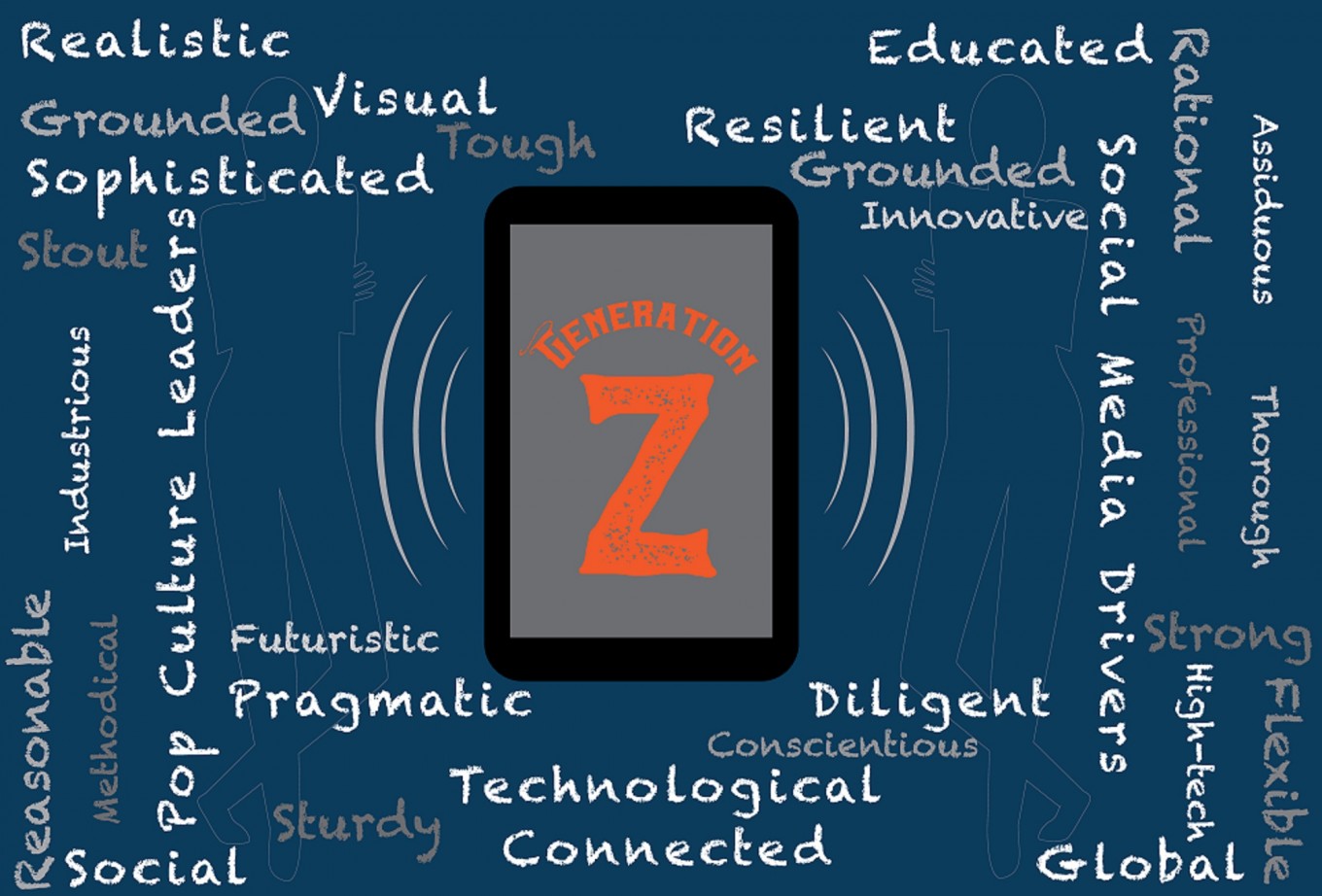Gen Z Revolutionizing How It’s Played Now, From Employee Benefits To Influence on New-Age Workforce Perks
In the ever-evolving modern work culture, a seismic shift has occurred as the Gen Z workforce steps into the limelight. The post-pandemic era has reshaped the priorities of employees, with wellness and safety becoming paramount. According to the 2023 Deloitte India Benefits Trends Survey, companies are now adapting to these changing preferences, and a wave of innovative new-age benefits is sweeping across industries.

Gen Z Revolutionizing How It’s Played Now
Gone are the days when financial incentives were the sole allure for employees. The pandemic’s impact has led to a significant alteration in the benefits that the Indian workforce seeks from their employers.
As the majority of the workforce now comprises millennials and Gen Z individuals, approximately 65%, there’s a compelling need for companies to redefine their benefits offerings to remain appealing to these generations.
Pre-pandemic, the focus was predominantly on cash-related perks. However, the Deloitte survey highlights a substantial pivot towards wellness and safety post-Covid. The heightened emphasis on insurance, wellness initiatives, and adaptable work models reveals a concerted effort to strike a harmonious work-life balance while bolstering employee support.
Neelesh Gupta, Director at Deloitte India, notes the generational transition: “About three decades ago, Gen X and Baby Boomers comprised about 60% of the workforce. Now millennials and Gen Z constitute more than 60%. The mindset and approach vary, so do the preferences in terms of benefits.”
This transformation in the workforce has ignited a demand for gender-neutral childcare benefits, flexible work arrangements, an inclusive work environment, and recognition of performance.

The New Gen Z Age
With the Baby Boomer and Generation X populations in decline within the workforce, the stage is set for a surge in new-age benefits. These progressive perks encompass gender-neutral leave policies, menstrual leaves, mental wellness days, enhanced childcare provisions, extended maternity benefits, virtual healthcare programs, financial consultations, reintegration programs for new parents, hybrid work models, increased insurance coverage, outpatient care inclusion, pet care policies, and fitness incentives.
Historically, compensation took center stage in the employee value proposition. Today, the spotlight has shifted to employee benefits, particularly catering to Gen Z preferences. These modern perks foster greater trust and loyalty among employees, contributing to a more engaged and productive workforce.
Here’s The New Roll Out
Here are a few examples of how some companies are playing it out now
Capgemini’s Holistic Approach to Employee Well-being
The significance of promoting employee well-being and achieving a harmonious work-life balance in today’s fast-paced corporate landscape cannot be overstated.
The chief HR officer of Capgemini, India, stated, “At Capgemini, we provide holistic benefits and support to our diverse workforce. We recognise the importance of promoting employee well-being and work-life balance in today’s fast-paced work environment.”
This commitment to employee welfare is reflected in the inclusive leave policies offered by the company, encompassing parental leave, surrogacy leave, adoption leave, and gender affirmation surgery leave. Moreover, Capgemini places a premium on employee wellness by extending coverage for an array of treatments, including those for neurodiversity, gender transition, hormone replacement therapy, mental wellness, and providing support for elder dependents’ care.
Fiserv
Fiserv, a global fintech and payments company, also embodies the ethos of holistic well-being.
Mamta Sharma, senior vice president of HR, Global Services, shared, “We offer discounted membership for a leading fitness centre chain in all cities where we are present. Our group mediclaim insurance policy is designed to address requirements across the age spectrum of our associates’ family members, and our telemedicine partner offers the flexibility of tele-consultations. We also host financial planning sessions advocating the importance of savings across generations and career stages.”
These approaches cater to the diverse needs and aspirations of its age-diverse associate base, showcasing that things are on a new path now.

Bridging Employee-employer Perceptions
Intriguingly, despite these concerted efforts, a disparity in perspectives between employers and employees has emerged, as highlighted by the survey’s findings.
While employees place a premium on relational aspects such as feeling valued by their managers and fostering a sense of belonging within the organization, employers tend to focus more on transactional factors like compensation adequacy and work-life balance.
This disconnection has led to an allocation of resources towards non-priority benefit categories, resulting in their underutilization.
The survey, which encompassed 257 organizations across IT/ITeS, manufacturing, financial services, life sciences, consumer, and services sectors, sheds light on the imperative for companies to bridge this perception gap for a more harmonious workplace.
In a dynamic scape where the demands and expectations of the workforce are evolving, the twin pillars of holistic employee well-being and a balanced work environment stand as crucial cornerstones for organizations seeking to attract, retain, and nurture top talent.
The Last Bit, In the ever-changing scene of the contemporary workplace, the Gen Z workforce is driving a transformative shift in employee benefits. The 2023 Deloitte India Benefits Trends Survey sheds light on the seismic changes in the preferences of today’s employees, underscoring the importance of wellness, safety, and work-life balance.
As the dynamics of the workforce continue to evolve, companies are actively reimagining their benefits packages to align with these new-age expectations.
By doing so, they not only attract top talent but also foster a workplace environment that values and supports its most important asset – its employees.




